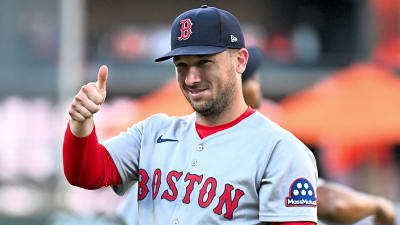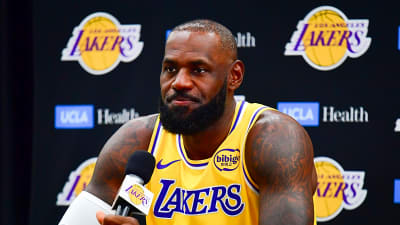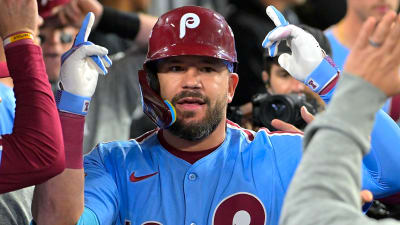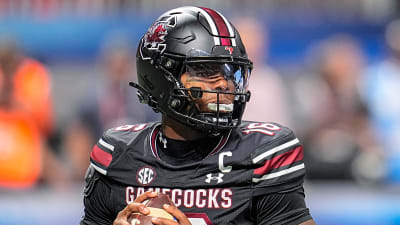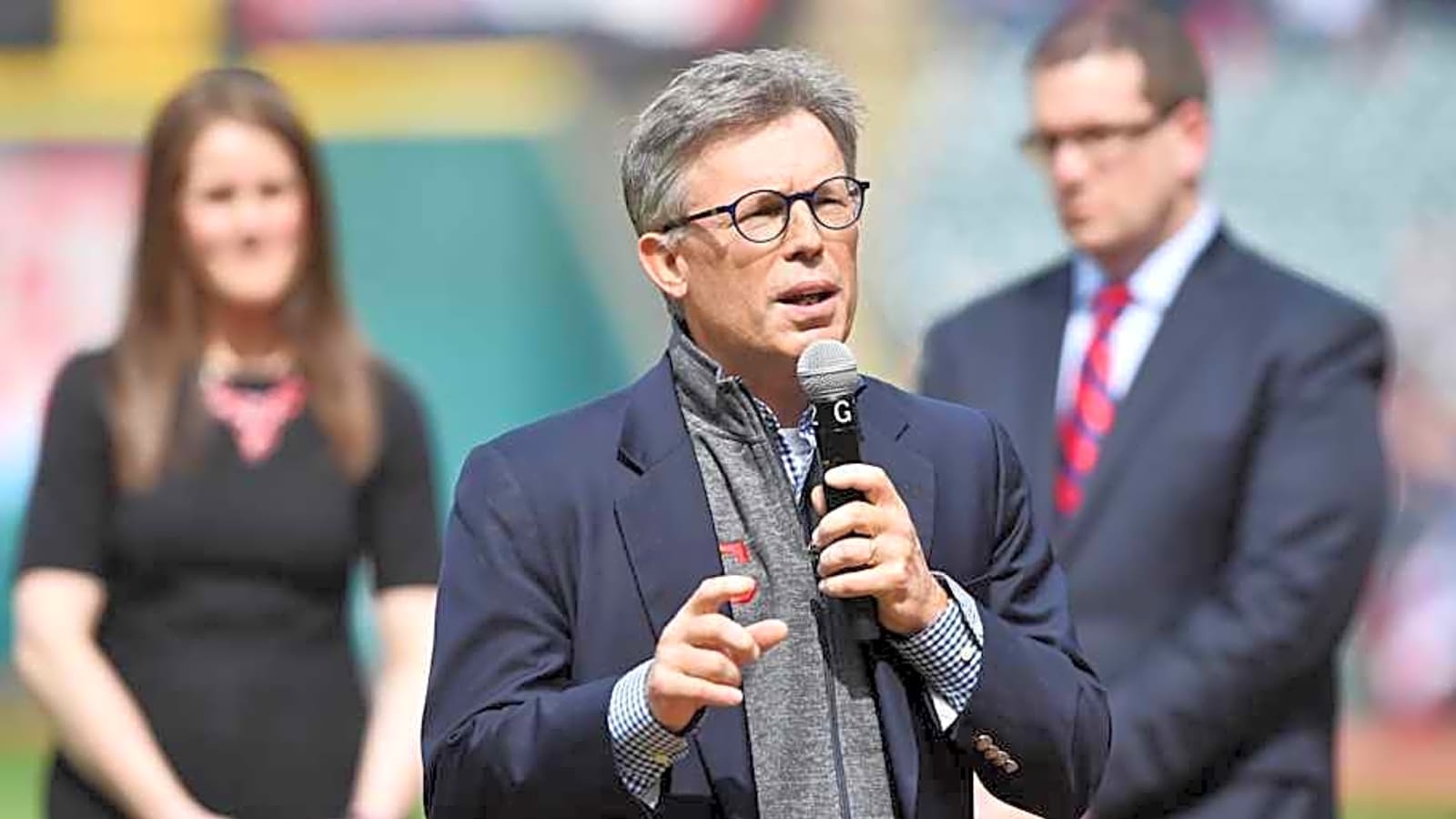
For years, Major League Baseball and the MLBPA have been acting like everyone's least favorite high school couple in a bad coming of age movie. You know, the one where they have massive public fights, break up, and then get back together the next day without really addressing their issues?
The issue at the heart of their relationship is salary cap, and it's been clear to everyone for quite some time. The "union" and the owners want one, and the players do not, citing the desire for a free market in baseball and unlimited earning potential. Meanwhile the owners cite lack of revenue, among other things as reasons for their hesitancy to part with their money.
These arguments often extend beyond the teams, and to the fanbases where big market fans like the Yankees, Mets, and Dodgers compile super rosters, and teams like the Guardians, Brewers, and Pirates have to rely on drafting well and developing talent.
This creates a seeming imbalance in the sport and leads to comments about "buying championships" from fans of small market teams, and comments like this from fans of big market teams:
Being a small market fan sounds dope.
— Phill (@MeekPhill_) October 15, 2025
You have no haters and any time you lose in the playoffs you just get to say “It’s not fair”
As with most things in life, the reality lies somewhere in the middle. Do big market teams have a competitive advantage because of things like budget? Certainly.
Does the team with the largest payroll every year automatically win the World Series? No. And in fact, in the last quarter century, the World Series has repeatedly seen participants from small markets such as the Diamondbacks, Royals, Rays, and Cleveland.
With an impending lockout in 2027 looming, the reality is that the players will never agree to a leaguewide salary cap or floor (you can't have one without the other to ensure competitive balance). The latter being where most fans frustration comes in to play and here is why:
"The Dodgers are bad for baseball "
— Blake Harris (@BlakeHHarris) October 15, 2025
No, the teams at the bottom of this list are the ones who are bad for baseball pic.twitter.com/1Mbq9dIj1T
Looking at Cleveland for example, it makes sense to be frustrated when ownership is spending less than 40% of the revenue that they are bringing in, while simultaneously making the argument that owning a baseball team isn't a profitable business. The answer for Cleveland may be simple when ownership transitions in a year or two from the Dolans to minority owner David Blitzer.
What is portrayed in the tweet above, is the real issue in this whole salary cap battle, not a cap or a floor that is standard for all 30 teams, but rather teams spending portions of what they could in order to maximize profits for ownership. As much as fans want to believe owners want to win, at the end of the day they are businesspeople and it is always about the money.
One solution to this could be a creative solution that comes up during CBA negotiation such as a policy, something along the lines of requiring ownership to spend "x" percentage based on their yearly revenue or otherwise incur a severe financial penalty.or loss of draft picks. Regardless this will all need to be sorted out come winter 2027, or fans could see another lockout shortened campaign.
More must-reads:
- Blue Jays get encouraging injury update on George Springer
- Dodgers fully embracing taking over Yankees' 'Evil Empire' title
- The 'College basketball AP preseason No. 1 teams' quiz
Breaking News
Trending News
Customize Your Newsletter
 +
+
Get the latest news and rumors, customized to your favorite sports and teams. Emailed daily. Always free!




